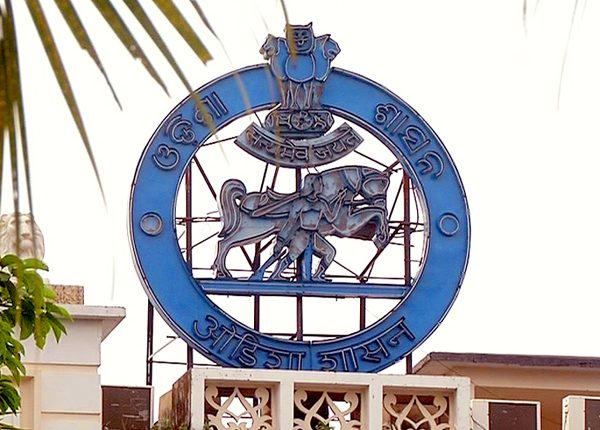After unveiling a raft of austerity measures earlier this month to meet the spiralling expenditures entailed by the fast-spreading Covid-19 pandemic, a cash-strapped state government has followed this up by cutting down this year’s Budget allocations under different heads. Finance Minister Niranjan Pujari had presented a record Rs 1.50 lakh crore state Budget for 2020-21 in February – an 11 per cent jump over the revised estimate of 2019-20. The record Budget targets were proposed to be supported through receipts of Rs 1,24,550 crore and borrowings of Rs 24,450 crore. However, with the economic slump having taken a toll on the economy and the Covid-19 now killing whatever economic activities were left behind, revenues from internal sources have come down by a whopping 70 per cent during April and May. This works out to a 20 per cent fall in the annual revenue collections. Further, the Centre is expected to cut down the size of its assistance under different heads to the state government. In such difficult times, the state government had no way but to tighten its belts. The government has already incurred an expenditure of around Rs 1,900 crore under various heads in managing the Covid-19 pandemic.
While the government had set out to keep the expenditures under leash through the austerity measures, the latest announcement of a downward revision of budget allocations is a direct corollary to that. The government has announced that it will resort to borrowings insofar as its internal accruals and central aid won’t add up to expectations. The state government has done well by deciding that it will not go for borrowings from the open market. Availability of funds at cheap rates under the Compensatory Afforestation Fund Management and Planning Authority (CAMPA) and Odisha Mineral Bearing Area Development Corporation will come in handy for it. In May, the Centre had eased the FRBM norms and raised the borrowing limits of states from 3 per cent of the gross state domestic product (GSDP) to 5 per cent in 2020-21. This will make available an additional `4.28 lakh crore for states. The Centre has laid down certain conditions to use that window. The preconditions entail state government must bring in reforms on ease of doing business, power distribution and universalisation of One Nation – One Ration Card, among others. In sync with these conditions, the state government has rushed in to implement these reforms.
Chief Secretary Asit Tripathy reviewed the implementation of district-level business reforms action plan (BRAP) to improve the state’s position in the ease of doing business. A better show on the ease of doing business index will improve the business eco-system in the state. It will help attract more investors to the state. As a major policy initiative to improve the ease of doing business, the government has done away with the need for industries to go for periodical license renewals — a good move that will not only hasten industrialisation and processes, it will also reduce corruption in the system. The need for periodical renewal of multiple licenses from the authorities by industrial houses spun off systemic corruption and slowed down the pace of industrialization in the state. An end to this policy is a welcome move. However, the government must keep vigil on industrial activities and processes lest companies should resort to shortcuts. Covid-19 is an evolving crisis. Nobody really knows how much longer the crisis will drag or its repercussions. Nor is the government in a position to assess the scale of the damage that the disease will potentially inflict on the human race and the economy. Thus, any preparation for the eventuality can only be haphazard. The government should not lower its guard.
